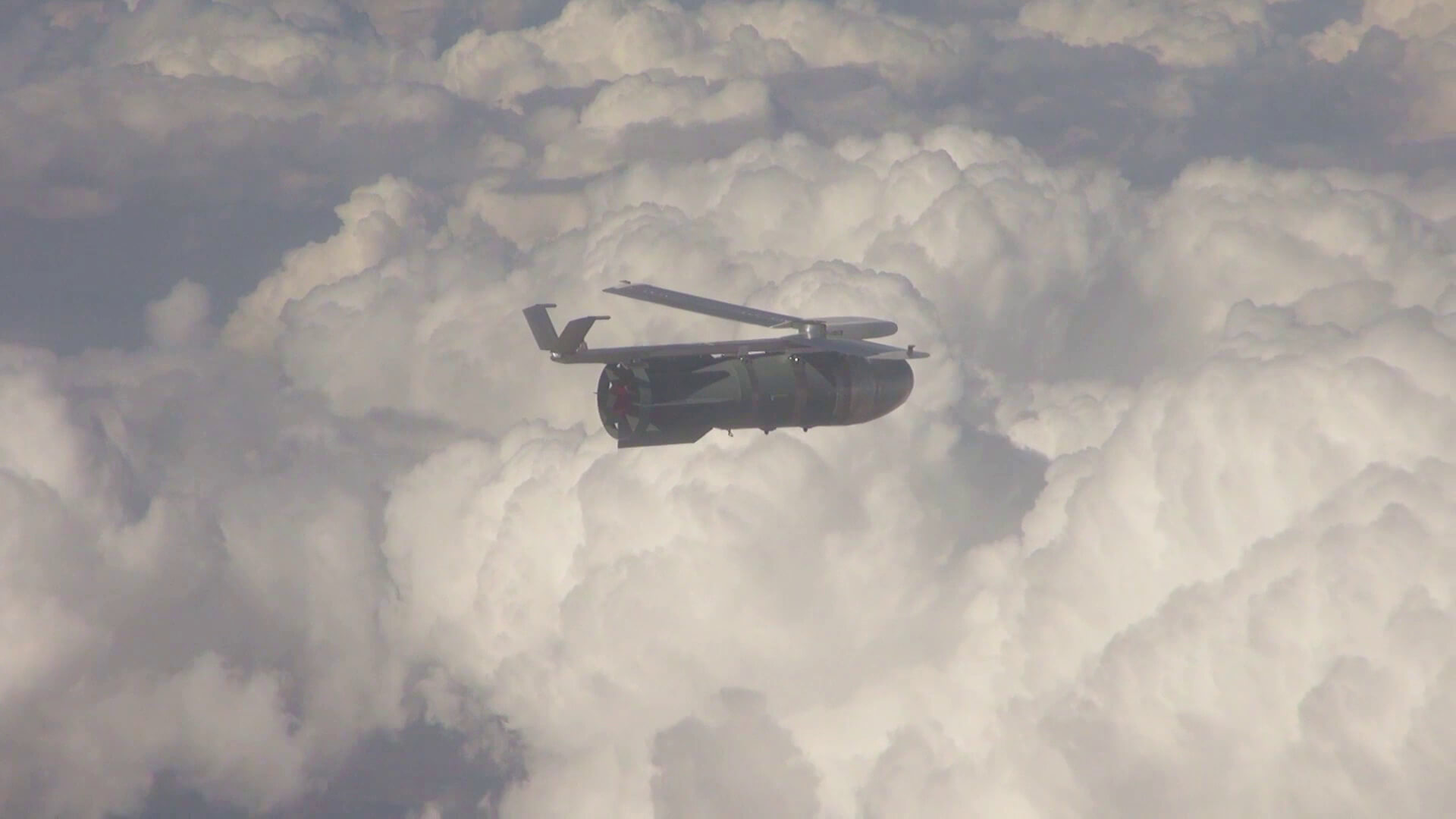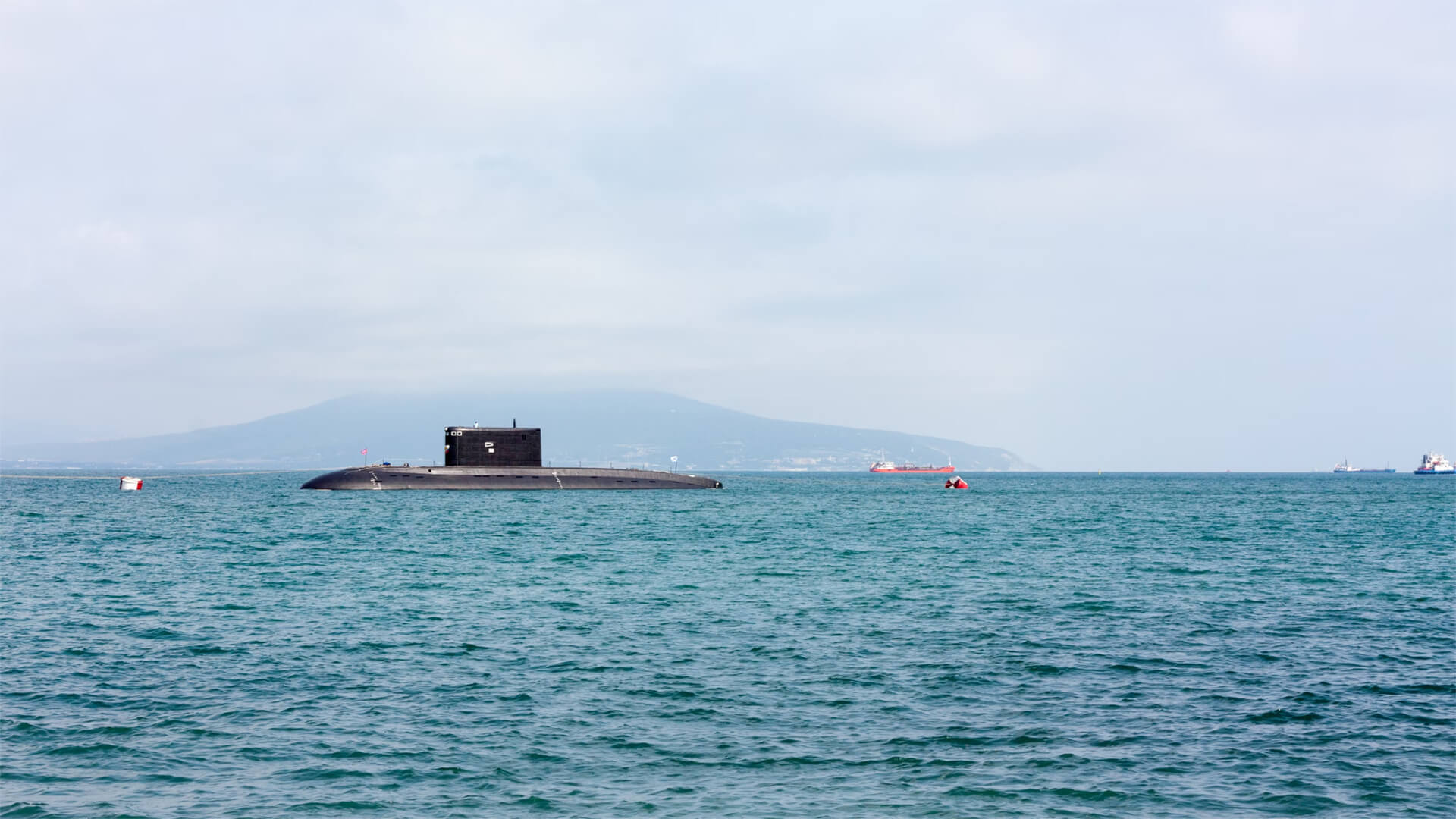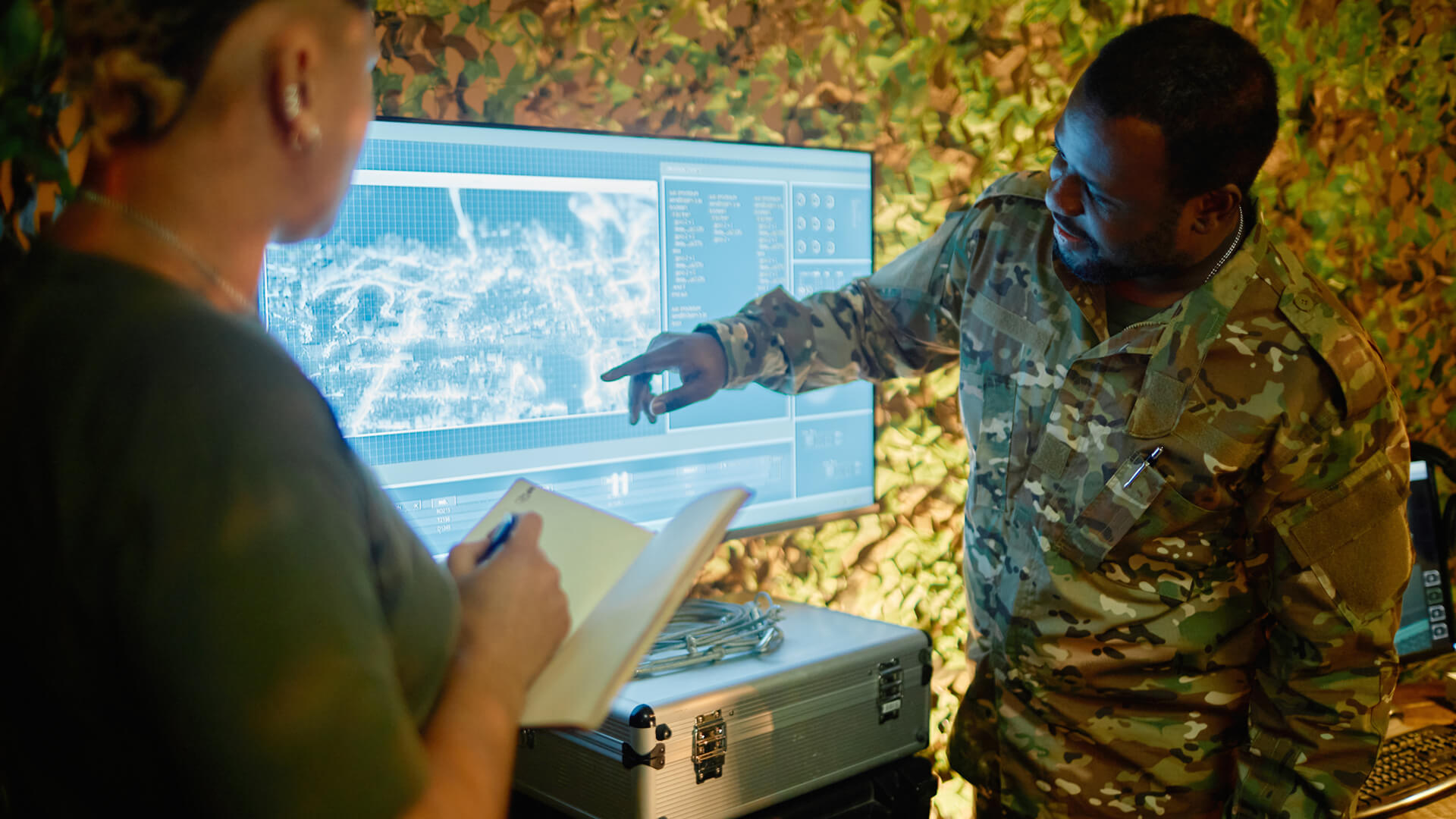While the Russians are busy throwing everything they can at Ukraine, could China make a move to seize Siberia?
This is highly unlikely and there’s really no point for the Chinese to make a move on Siberia. Best case, they get some oil fields (which they can’t operate without Western assistance) located in a cold and barren region with limited potential for any growth. And they run the risk of the Russians whacking that scary red button.
If any power wanted to challenge Russia in the Far East, they would need to cut off Moscow from Siberia. This would involve severing the Trans-Siberian Railway and making a move on the choke point in Tatarstan. But again…that nuclear carrot would still be dangling over the invader’s heads.
Transcript
Hey, all, Peter Zeihan here coming to you from Colorado. Today we’re taking a question from the Patreon page. And that is with the Russians. So obsessed with all things Ukraine, with all our military force going there, with the dependency they have on the Chinese for military equipment, would now be a good time for China. Just take over Siberia, I think.
I see where you’re going. But, invading Russia is never as easy. It sounds, three things to keep in mind. Number one, the single most valuable thing in Siberia is the oil and natural gas. And the Russians aren’t the ones who really produce that. You’ve got something called the covector field, which is the general vicinity of Irkutsk, which is by, Lake Baikal.
And then you have the fields offshore of Sakhalin Island in the Far East. Neither of these are operated by the Russians. They’re very technically challenging projects that are done by Western companies. And there’s still Western consulting work being done in order to allow the production to continue under sanctions. And if that were to end, or if the Chinese were to take over those facilities themselves, the Chinese do not have the technology to operate them either.
So it would be kind of a wasted effort. So that’s number one. Number two. Population. Yes. There’s only 10 to 15 million Russians in Siberia. But that’s because the carrying capacity of the land is very low. You’re not going to be able to forward stage a population there that can really do much. The agricultural potential is shitty because the climate is so crappy.
Third, if these reasons do not dissuade you, consider that the Russians still have the world’s single largest nuclear arsenal, and they made it very clear during the Yeltsin years that should the Chinese attempt to invade, that the Russians would not meet them with tanks and with guns and with men, they would just nuke China’s cities. And that policy formally remains in place.
So if, if if the Chinese decided that they wanted to make a bid for Siberia, what they have to do is prevent the Russians from interfering in the operation. And the first piece for that would be to sever the Trans-Siberian railway. The TSR is a single transport network that allows European Russia to interact with Asiatic and Siberian Russia.
And if you were to cut it somewhere closer to European Russia, then there’s really not anything the Russians could do in a conventional set to counter Chinese actions or Japanese or anyone coming in from the Far Eastern theater. The logical place to do that cut would be a place called totter Stand, the Tatars are an ethnic minority, the single largest minority
in Russia and Kazan, their capital, is not only a relatively advanced city. This is not only the educational system that generated Mir. This is not only an oil area in its own right, but it sits on top of the TSR. So if Tatarstan were to declare independence or fall into rebellion in some way, then the Russian ability to manipulate events in the Far East, much less send troops, would be gone.
And then all that would be left would be the nuclear card. And then we could talk about some really interesting things. No sign that that is happening right now, by the way, same goes on the Ukraine war. There’s a specific city that sits upon all of the connecting infrastructure that links Moscow to the Caucasus, Rostov on Don.
And if Rostov on Don, which has been a major staging point for Russian forces in the Ukrainian war, were to fall or rebel or whatever, then all of a sudden Russian power in the Caucasus would be shattered and we’d be dealing with, at a minimum, a new Chechen rebellion. So there are these nodes in Russia that really matter.
But at the moment no one is poking them with any sticks.











